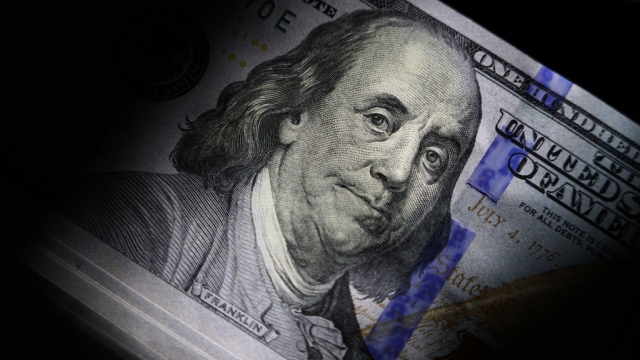This holiday season, politics at the dinner table should probably be avoided.
However, there is a good chance the economy will be brought up by someone in your family.
If that family member mentions how expensive things have become or how the economy is bad, they wouldn't be alone.
A survey from Fannie Mae in November found that 78% of Americans believe the economy is on the wrong track.
But is it? Or, is the real problem Americans' perception of the economy?
The perception versus reality debate is poised to play a big role in who wins next year's presidential election. After all, most Americans vote not on statistics, but based on how they feel.
So let's dive deeper into which one is correct on the state of the economy.
Perception #1: "Things are expensive"
Reality: Inflation is the lowest it has been since April of 2021.
For a closer look at the data, you can head over to the Bureau of Labor and Statistics website.
You see peak inflation occurred in June of last year, when things were 9.1% more expensive than they were the year before. But looking at the red line going down, you can see last month, prices were up around 3.1% — still much better compared to the rate of inflation last year.
Meanwhile, gas prices are actually trending much lower: In June of 2022, the national average was $5.02 per gallon. Currently, the average is around $3.10 a gallon, according to AAA.
Perception #2: "A Recession may happen soon"
Reality: According to the nonpartisan Congressional Budget Office, economic growth will slow next year, but a recession will be avoided.
There are many economic indicators to suggest the group may be right.
The Dow Jones Industrial Index this month celebrated recorded highs. Unemployment is at 3.7%, a near-record low. Not to mention, this holiday season Americans are reporting a $100 increase in spending, making a new spending record possible.
Perception #3: "Interest rates are too high"
Reality: Mortgage rates are the highest in 20-plus years. Some perceptions about the economy are correct.
High interest rates mean taking on debt like a car loan, or swiping that credit card, have become more expensive.
However, relief may be on the horizon.
Federal Reserve Chairman Jerome Powell, who is partially responsible for those high rates enacted to lower inflation, signaled at a recent press conference that cuts may be happening soon, perhaps multiple times next year.
Trending stories at Scrippsnews.com



